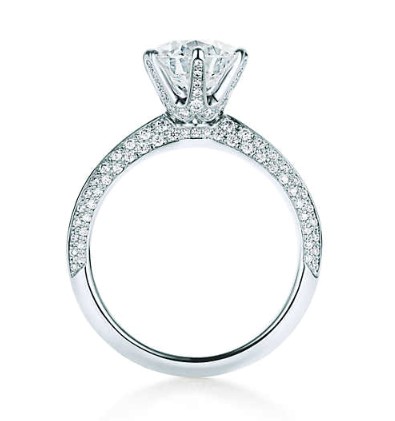Sourcing a diamond is easy with the help and guidance of the DCLA diamond exchange.
Proportion is graded alongside Symmetry, polish and importantly the Transparency.
This is why the Diamond Exchange are the most sought after for those who want the finest diamonds available.
To ensure the highest quality, the Diamond Exchange works with the finest rough diamond producers based in South Africa, Antwerp, Israel and India.
Each diamond is then meticulously analysed by our Laboratory diamond gemologists.
Using sophisticated laboratory equipment every aspect of the individual stone is checked, including the all-important proportions that will produce the most brilliance.
Proportions
Proportions affect how light travels within the diamond.
Diamonds that are cut too shallow and wide, or too deep and narrow lose light out the sides or bottom, causing the diamond to lose brilliance.
A select Diamond exchange Diamond are cut to ideal diamond proportions, creating a superior diamond to reflecting the maximum amount of light back to the eye.
Symmetry
The alignment of a diamond’s facets in relation to each other or opposing facets affects the diamond’s light performance.
Facets which are symmetrical and aligned, reflect light directly back to your eye.
Symmetry grading to Hearts and Arrows standards ensure its brilliance and fire is emitted evenly.
Certification
All Diamond Exchange diamonds are certified by recognised international accredited laboratories.
This provides you an authoritative analysis of your diamond.
Diamond Exchange also verifies that your diamond meets all the specific quality requirements and checks the diamond is cold laser inscribed.
Transparency
Transparency, also called pellucidity, is the material property of allowing light to pass through. In mineralogy, another term for this property is diaphaneity.
Developed by the DCLA , the Transparency Grade is the degree to which a diamond transmits light, directly relevant to its ‘cloudiness’ or ‘haziness.
In other words, it is a comprehensive assessment of light performance based on the quality of the diamond crystal itself.



